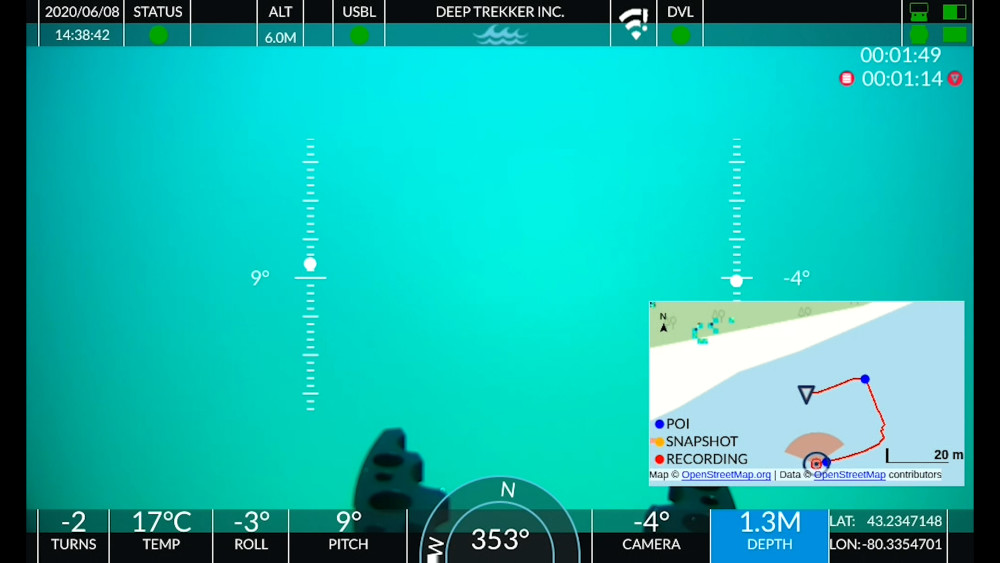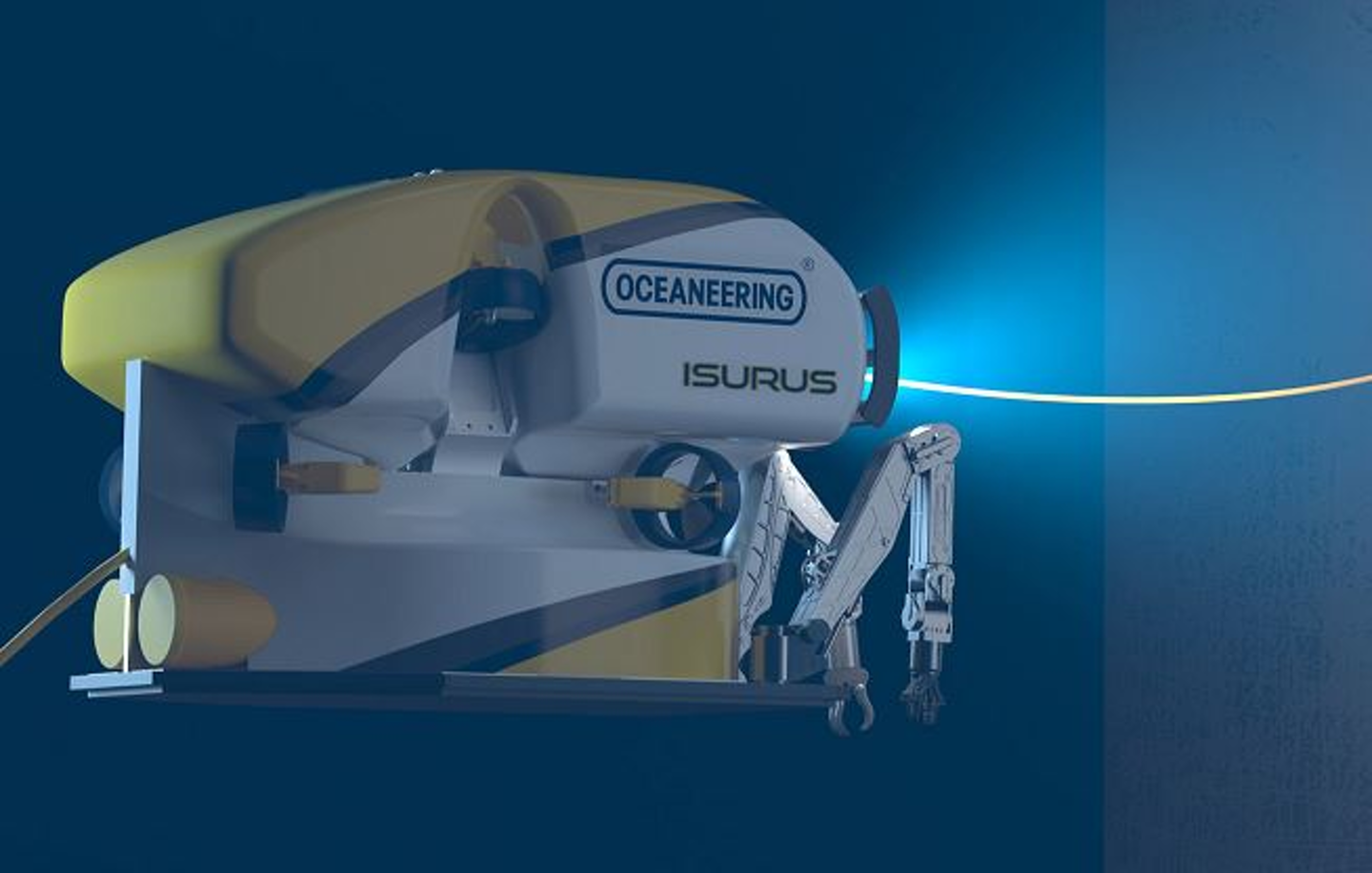Home › Forums › General › Financial, Tax and Insurance › UK Budget 2011 and Seafarers Allowance
- This topic has 17 replies, 8 voices, and was last updated 13 years, 1 month ago by
James McLauchlan.
-
AuthorPosts
-
March 23, 2011 at 6:45 pm #4154
Ray Shields
ParticipantThe latest UK Budget includes some changes and simplifications from the Office of Tax Simplification.
In a report from the Office of Tax Simplification (http://www.hm-treasury.gov.uk/d/ots_review_tax_reliefs_final_report.pdf)
Seafarers’ earning deduction (“SED”) (Annex J)
3.21 Despite this relief being an anachronism, on simplification grounds, it does not affect the
vast majority of taxpayers and so there is no strong reason to abolish it on simplification
grounds, although there is scope to simplify its operation, for example:
Modifying the legislation so that it is dependent on the position of, or the work
performed by an individual; and
Clarification of the type of vessel served on for an individual to qualify for SED.
Representations have been made that those claiming SED based on oil related platforms
should be excluded from the regime and that this could be achieved by excluding vessels
that do not have a designated speed of at least 10 knots.The good news is that SED is being expanded from 6 April 11 to include anyone from the EU and not just UK workers who may claim the deduction. (that is, those from other EU countries will also be able to claim the UKs SED.)
March 24, 2011 at 7:56 am #30614LukeD
ParticipantWhy is that good Ray 😕
Or are you being Sarcastic 🙄March 24, 2011 at 8:58 am #30615Ray Shields
Participantme? Never 🙂 Why shouldn’t someone, say from Denmark, be able to claim back their UK tax when if we go over there we are lucky if we leave with the shirt on our back!!
March 24, 2011 at 5:07 pm #30616Anonymous
GuestThe latest UK Budget includes some changes and simplifications from the Office of Tax Simplification.
In a report from the Office of Tax Simplification (http://www.hm-treasury.gov.uk/d/ots_review_tax_reliefs_final_report.pdf)
This is a review, no changes have been made to SED at present. Its not a policy or a guide to changes in SED. Its a review. However, I sincerly hope that many of the recommendations/observations are not brought into law.
March 24, 2011 at 7:01 pm #30617James McLauchlan
ParticipantHowever, I sincerely hope that many of the recommendations/observations are not brought into law.
The bit on SED probably will, so I’d take it that those recommended changes that may directly affect our industry will come into force at some point.
Within the 191 page document the relevant part (on SED) is around page 134.
J.35 Some complexity has been introduced into the legislation as a result of anti avoidance measures e.g. to ensure that those who were not originally intended to benefit (e.g. certain workers on vessels engaged in oil exploration) are excluded. There is no statutory definition of a
ship, but case law provides that a ship must be “capable of navigation and is used in navigation”
“Offshore installations”, as defined in ITA 2007 s100, are specifically excluded from the definition of ship for SED purposes. However, this exclusion introduces an inequality as such installations have a number of genuine seafarers who perform functions such as navigation and engine room watches, and these individuals do not benefit from the relief. This
area has been further complicated by a case in January 2008 in which the Special Commissioners applied a wide definition of offshore installation which resulted in many seafarers losing the SED relief, and, although this definition has been modified by the First TierSummary
J.37 SED is considered by stakeholders to be vitally important to underpin the future of the UK merchant fleet that provides professional maritime jobs and supports a wider service cluster. It maintains the competitiveness of the UK in an international market.
J.38 There is clearly scope to simplify the operation of the relief. Such simplification might also target the relief more tightly. The particular areas that we have suggested are based on recommendations from stakeholders and include which individuals serving on which type of vessel should be eligible for the relief. This could be done by: modifying the legislation so that it is dependent on the work performed by an individual;
and possibly the type of vessel served on. Representations have been made that those claiming SED based on oil related platforms should be excluded from the regime and that this could be achieved by excluding vessels that do not have a designated speed of at least 10 knots.
J.39 In addition to revising the conditions relating to the relevant vessels, the legislation could also include criteria based on the position of a person (e.g. to qualify for the relief an individual must hold a document listed in the Standards of Training, Certification and Watchkeeping
international legislation).Reading the above it appears they will most likely legislate to exclude those that are not qualified marine crew and those not fulfilling a designated marine crew position onboard such as navigation, engine room watches etc. So, an ROV pilot (aka oil worker) would have no chance of claiming SED, but a marine vessel crew member (Maritime) would. I doubt if it would matter a jot if you (ROV Tech) wave a seaman’s discharge book at HMRC they’ll not take notice if they deem you were an ‘oil worker’. Gradually they are plugging the up the loopholes it appears.
March 25, 2011 at 6:22 am #30619Andy Shiers
ParticipantI see more people leaving the UK in droves 😕
March 25, 2011 at 11:30 pm #30620Tony
ParticipantI’ve spoken to someone about this recently and it is definitely coming in.
What they are not sure about at the moment is how to define "crew". Will it be just those that sign articles or have a marine qualification or certificate, who knows? They are still working on that.
The logic behind this is that it will take SED off a hell of a lot of those on ferries & cruise ships – shop staff, restaurant staff, hairdressers, entertainers etc with anyone involved in the wellbeing of the vessel still retaining SED. I don’t think they have thought how it might affect ROV duties and other certain specialisms like research and surveying.
I reckon they just need a nudge in the right direction.
March 26, 2011 at 9:19 am #30621Paul Bond
ParticipantI don’t think they care how it will affect ROV / survey personnel – they just want to claw as much tax in as possible.
March 26, 2011 at 11:06 am #30622Des_b
ParticipantOh well I guess as of NOW, I am firmly 100% non-resident……. 😆 😆
March 26, 2011 at 2:04 pm #30624Ray Shields
ParticipantI’ve always wondered why they just didn’t change it to you can only claim it if you sign onto ships articles.
Then it would be quite clear who is crew and who can claim.
March 26, 2011 at 2:27 pm #30618Anonymous
GuestI’ve always wondered why they just didn’t change it to you can only claim it if you sign onto ships articles.
Then it would be quite clear who is crew and who can claim
Cruise Liners for example often have stewards, waitress, barmen, entertainers and other staff which never sign on articles. Unions such as Nautilus are often defenders of cruise line staff and often fight against the low wages they pay.
Its also worth mentioning that positions such as "Ships Electrician" often dont have marine based qualifications, just industry standard qualifications.
The definition of seafarer is not straightforward and basing it on signing on articles or having marine tickets is not without issues.
March 26, 2011 at 7:43 pm #30623James McLauchlan
ParticipantThe definition of seafarer is not straightforward and basing it on signing on articles or having marine tickets is not without issues.
I agree however, it has to be easier to define a seafarer (for the purposes of claiming SED) than try to control who claims SED by defining the type of vessel (and the work it carries out) as they currently do.
It appears that HMRC are coming around to that line of thought themselves.
March 27, 2011 at 1:58 pm #30625Anonymous
Guest…..it has to be easier to define a seafarer (for the purposes of claiming SED) than try to control who claims SED by defining the type of vessel (and the work it carries out) as they currently do.
It appears that HMRC are coming around to that line of thought themselves.
Given the history of seafarer’s tax and the fact they have largely left the definition of seafarer the same for 20 years and only concentrated on defining the vessel and type of work. I wonder why some folks think this will be the year it all changes?
Signing on articles or having marine tickets is such an easy definition for a Seafarer in some ways. However, I dont think it takes 20 years of thought to arrive at that. The definition of Seafarer has been left un-touched for good reasons as mentioned earlier in the thread. Lets hope those reasons continue..
March 27, 2011 at 5:09 pm #30626James McLauchlan
ParticipantGiven the history of seafarer’s tax and the fact they have largely left the definition of seafarer the same for 20 years and only concentrated on defining the vessel and type of work. I wonder why some folks think this will be the year it all changes?
It has all but been suggested in the above mentioned document.
See extract below:J.39 In addition to revising the conditions relating to the relevant vessels, the legislation could also include criteria based on the position of a person (e.g. to qualify for the relief an individual must hold a document listed in the Standards of Training, Certification and Watchkeeping international legislation)
.
I guess that’s why.
March 27, 2011 at 6:14 pm #30627Anonymous
Guestthe legislation could also include…..
The point being it "could" have been included every year for the last 20. I just dont see this as revolutionary, out-the-box thinking. Those that actually write the policies rather than those that review them, have chosen to define a seafarer the same way for the last two decades. This definition is by design not default.
Anyone who has been on a boat for 20 minutes could whip up a decent definition of a seafarer. The Goverments’ definition has remained unchanged for 20 years. I suspect there is reason for that….
…or perhaps they really have just stumpled upon a process were a seafarer could be described as a member of the ships crew, that signs on. Thats a bit of luck after 20 years
-
AuthorPosts
- You must be logged in to reply to this topic.



